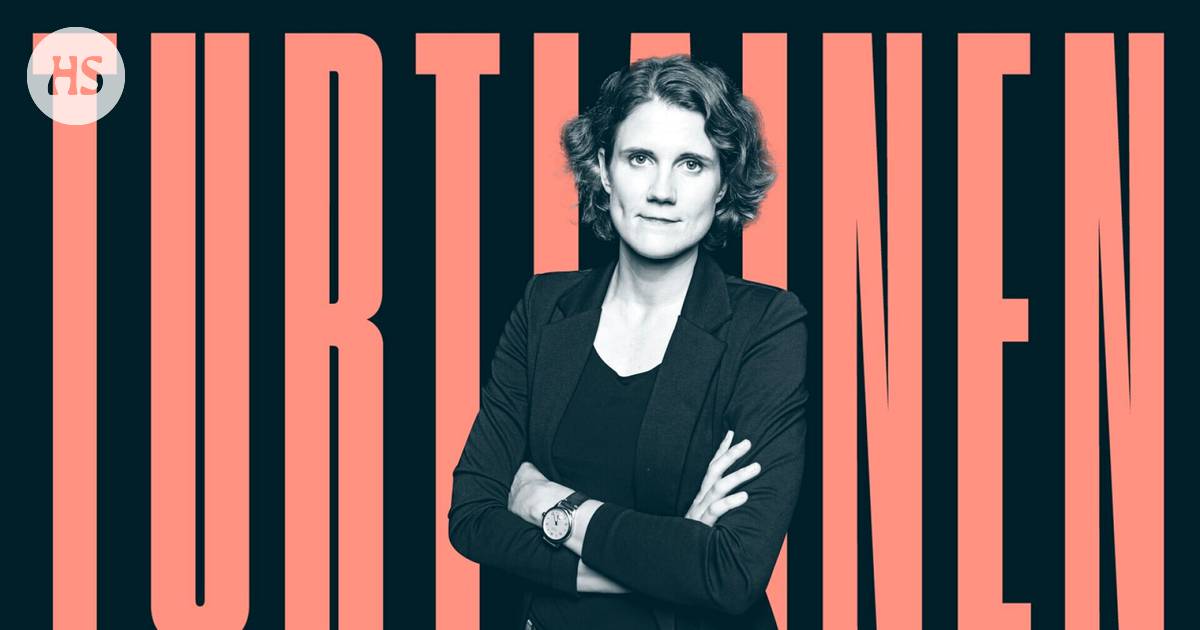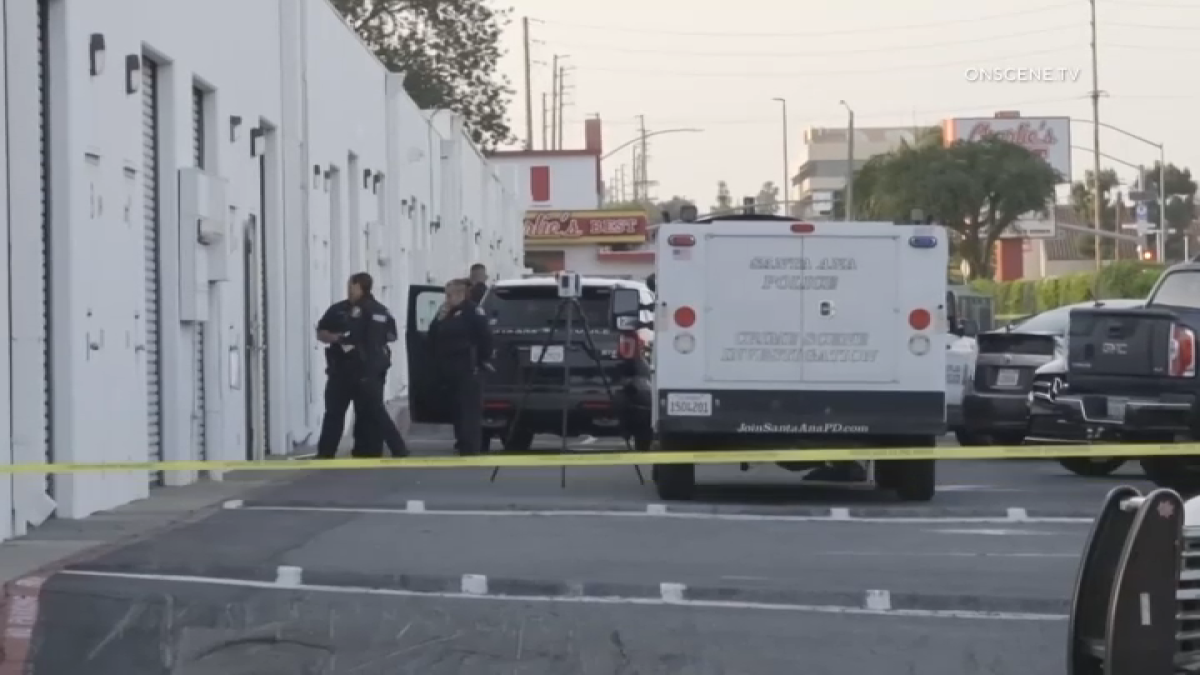
TikTok in the Spotlight: German Chancellor’s Choice to Join Platform Amidst Rising Political Concerns
German Chancellor Olaf Scholz has recently announced his decision to join the popular video platform TikTok, just two months before the summer European elections and ahead of a trip to China. This move by Scholz was prompted by his staff recognizing the trend of politicians gaining support through TikTok as a strategic decision before the elections.
As TikTok continues to gain popularity among European decision-makers, concerns over its influence on the political landscape are growing. In Finland, there are calls to ban the platform due to harmful content and fears of user data being shared with Chinese authorities. The rise of far-right and extreme right parties on TikTok has also sparked concern across Europe, with the Identity and Democracy Group of the European Parliament emerging as the largest audience on the platform.
The impact of TikTok on political power dynamics is becoming evident, as seen in Finland where young people’s favorite parties align closely with the platform’s trends. In Germany, the far-right Alternative for Germany party has found success on TikTok, attracting a significant following among 14-29 year olds. The party’s anti-immigration and anti-establishment views resonate with young audiences on the platform.
For politicians like Scholz and AfD’s Maximilian Krah, TikTok has become a battleground for engaging with young voters and shaping political narratives. The platform’s influence on elections is undeniable, with visibility on TikTok becoming a key factor in reaching and mobilizing young voters. As parties adapt to the TikTok phenomenon, it is likely that its impact on European politics will continue to grow in future elections.
It is important for politicians to recognize the potential risks associated with using social media platforms like TikTok in order to gain support from young voters. While these platforms can be effective tools for engagement and outreach, they also come with their own set of challenges and potential pitfalls that need to be carefully considered before making any decisions about how to use them during an election campaign.
Overall, it remains to be seen how much impact TikTok will ultimately have on European politics this election cycle. However, one thing is certain: as more politicians turn to these platforms in search of ways to connect with young voters and shape their political narratives, we can expect this trend to continue well into the future.
In conclusion, German Chancellor Olaf Scholz made headlines when he announced his decision to join popular video platform TikTok just two months before summer European elections. His move was prompted by staff recognizing trends among politicians gaining support through social media platforms like Twitter and Instagram.
As concerns over its influence on political power dynamics grow across Europe, Finnish lawmakers have called for a ban on TikTok due to harmful content fears while extreme right parties have gained popularity among users in various countries including Germany.
Politicians such as Scholz and Maximilian Krah have recognized this trend as an opportunity for engaging with young voters through social media platforms like Twitter and Instagram.
While its impact may remain uncertain during this election cycle

